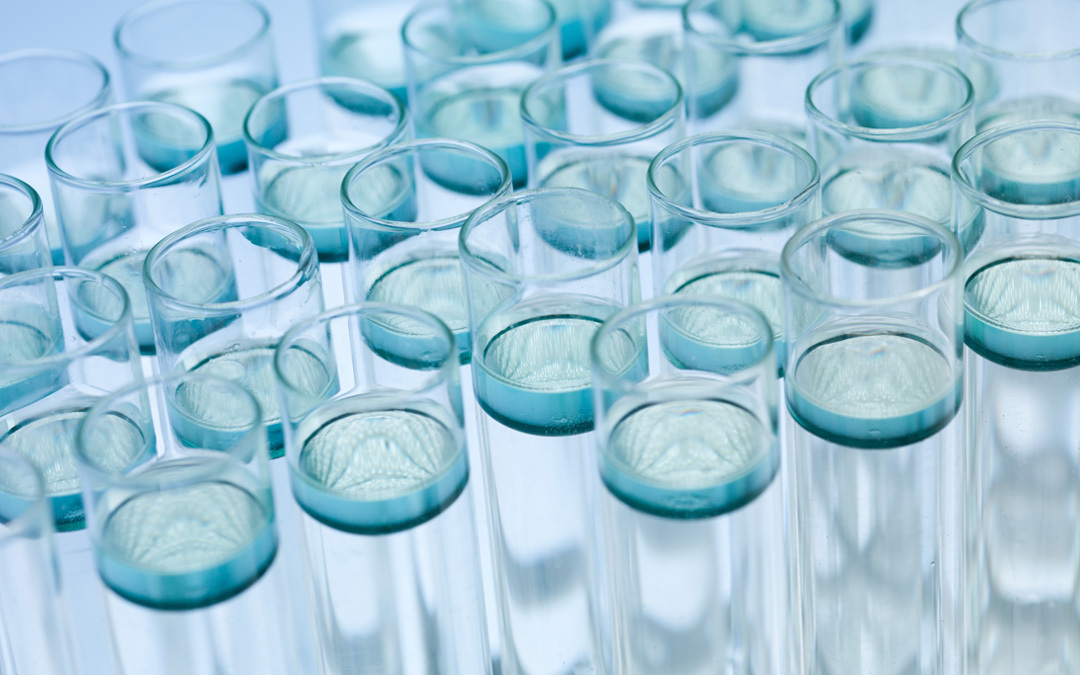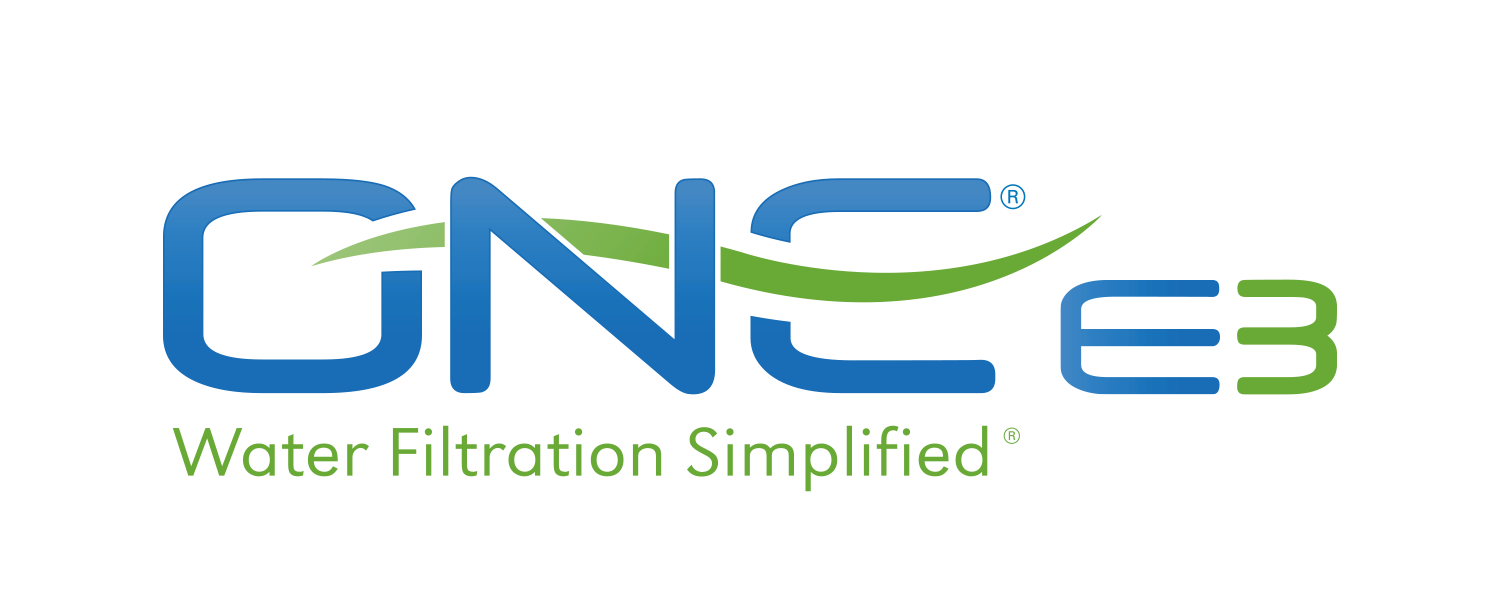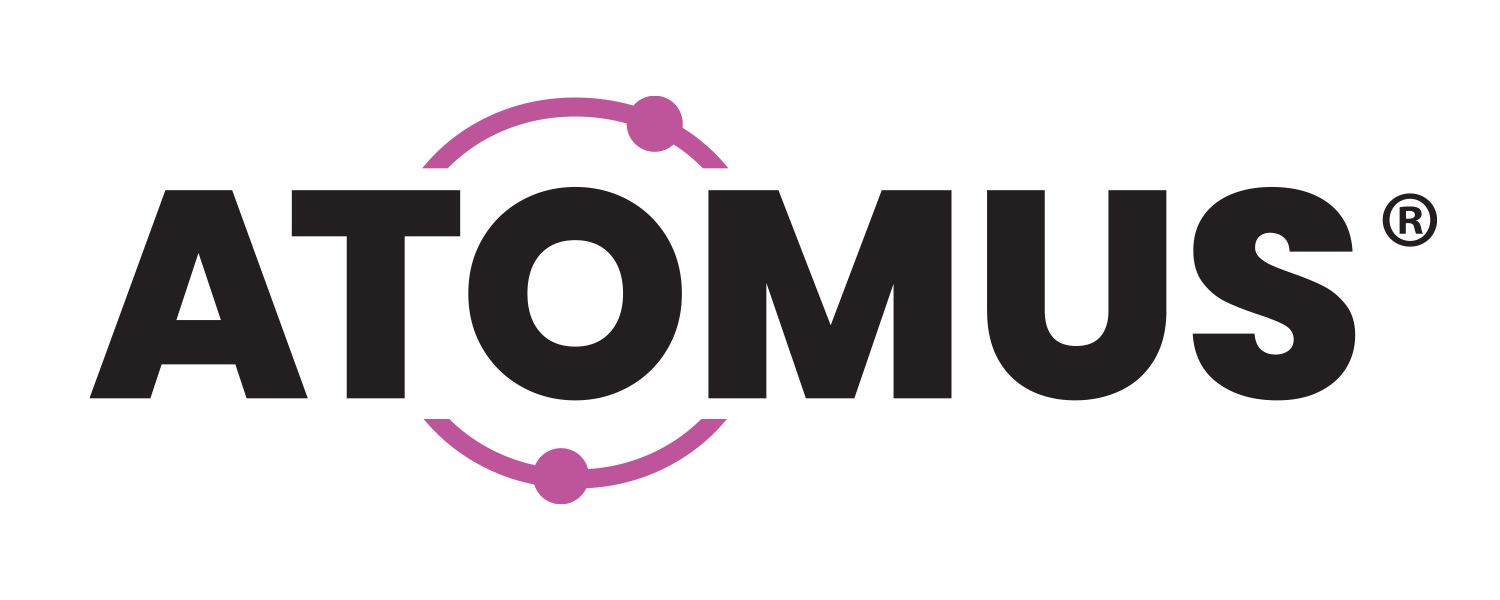Using Chlorine in drinking water supplies is not unheard of and is a common method of disinfection. It has been used for a number of years to fight off harmful contaminants that could reside within our drinking water. In a recent article from Water Online, researchers discovered that the chlorination method may do some harm as well.
Researchers from John Hopkins, University of California-Berkeley, and Switzerland discovered toxic byproducts in water supplies treated by the chemical chlorine. Since researchers made this discovery, questions like “How much chlorination is really necessary?” is being asked. One researcher, Carsten Prasse, stated “There’s no doubt that chlorine is beneficial; chlorination has saved millions of lives worldwide from diseases such as typhoid and cholera since its arrival in the early 20th century. But that process…comes with unintended consequences.”
Prasse also emphasized that the study conducted was strictly lab-based and no field tests of actual drinking water supplies have been performed. He then suggests the need for “new analytical techniques” that would allow us to look at the harmful byproducts of the common disinfection methods.
The PIONEER system is the first of its kind whole-house lead, cyst and PFOA/PFOS removal system. Visit the PIONEER system page to learn more.



